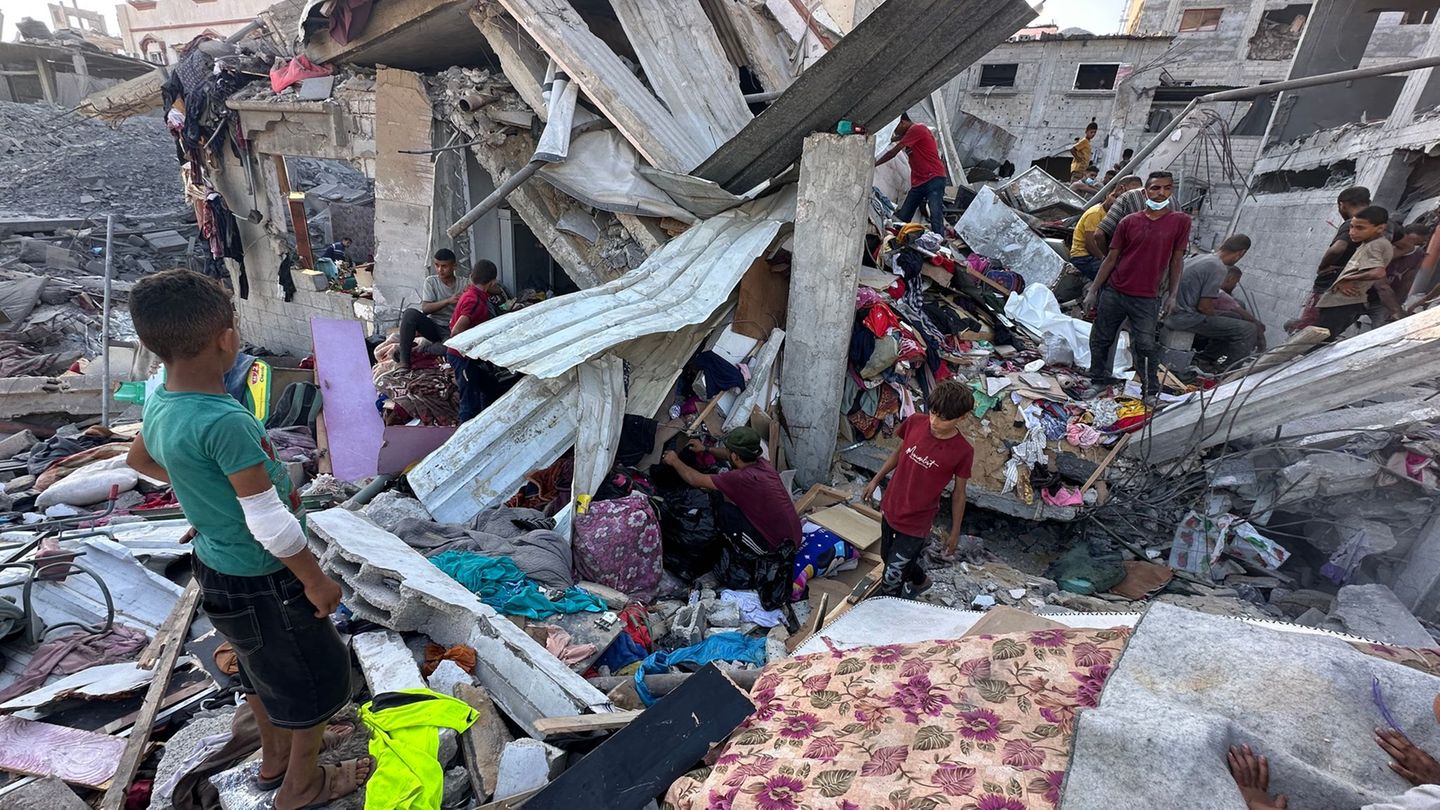The US epidemiologist Eric Feigl-Ding wrote on Twitter: “I am not yet very worried about B.1.640.2. I doubt that it will prevail against Omikron or Delta.” French researchers led by Didier Raoult from the IHU Méditerranée Infection Institute had demonstrated the new variant in twelve patients in south-east France, as the team wrote in a preprint paper at the end of December. The patient, who was probably infected first in France, came back from a trip from Cameroon. The study has not yet been peer-reviewed and published in a specialist journal.
B.1.640.2 has some mutations in the so-called spike protein, which experts already know from the particularly contagious omicron variant, as Raoult and his team write. The spike protein is particularly important when assessing variants because it is how the virus binds to human cells and also because vaccines target this protein. Mutations in the spike protein can cause the virus to spread faster. It is also possible that vaccines lose their effectiveness.
However, B.1.640.2 does not seem to have spread much so far, says the Basel expert Neher. She is “thus” one of the many “that has not prevailed against Omikron and Delta at least so far”. B.1.640.2 belongs to a kind of variant family that has been on the radar of the World Health Organization (WHO) since November. WHO epidemiologist Abdi Mahamud referred to this in Geneva.
According to WHO information, B.1.640 was first reported from the Democratic Republic of the Congo in September and under observation in November, but has not spread significantly since then, according to the data available, said Mahamud. “We’ll keep an eye on them.”
Classification of the variants
The WHO distinguishes three categories of potentially dangerous corona variants: (1) variants of concern, (2) variants of interest and (3) variants under observation. B.1.640 is in Category 3, as are two other variants, Omikron in Category 1. A total of 17 variants that the WHO has observed since the beginning of the pandemic have proven to be short-lived or less threatening and are no longer under special observation.
Source: Nachrichten




